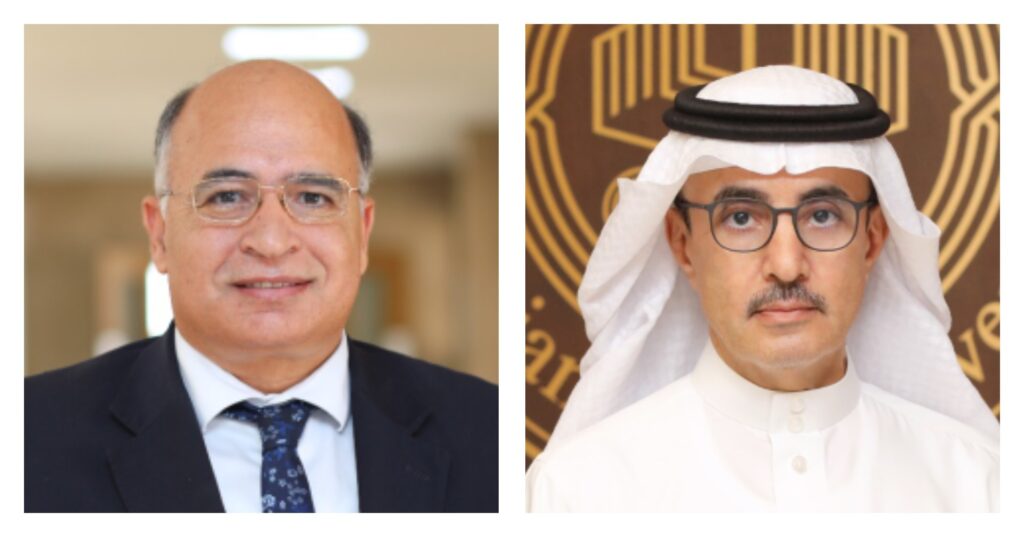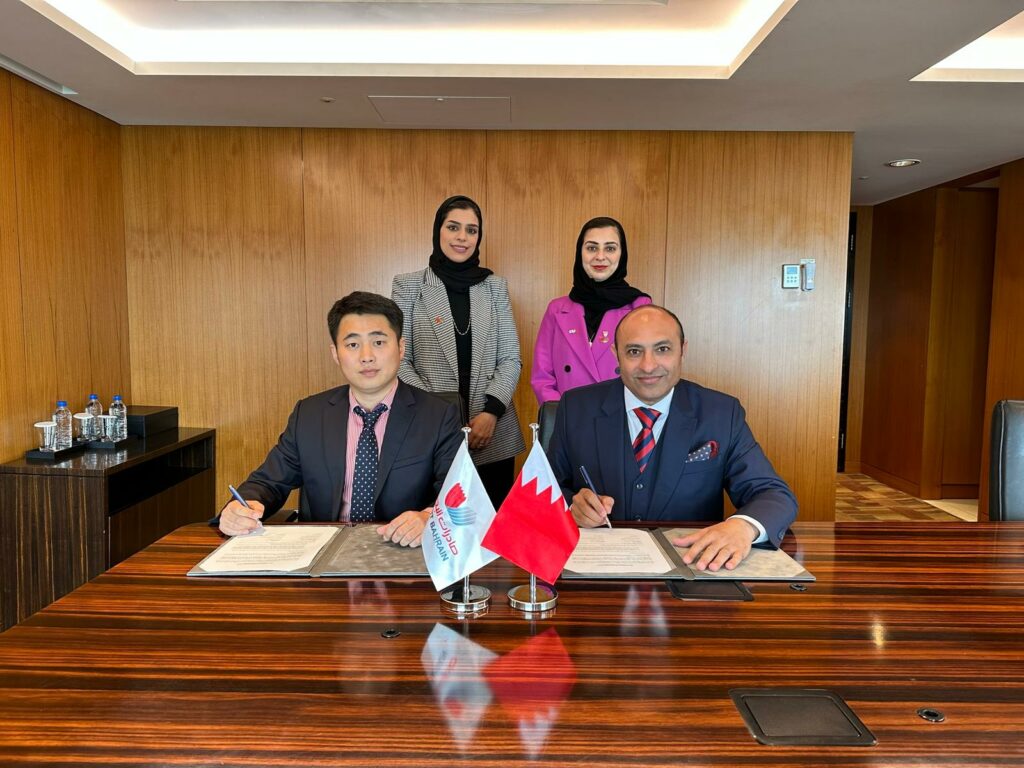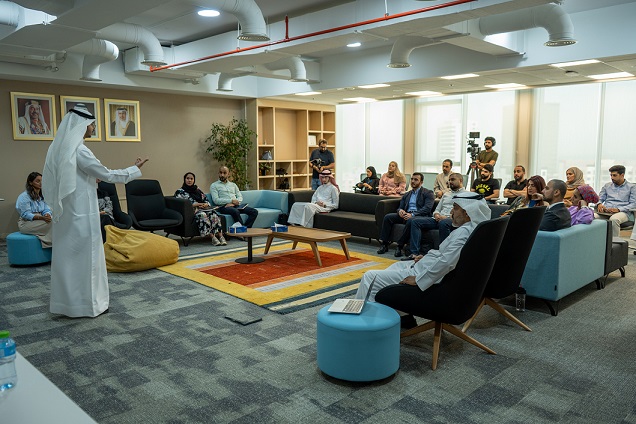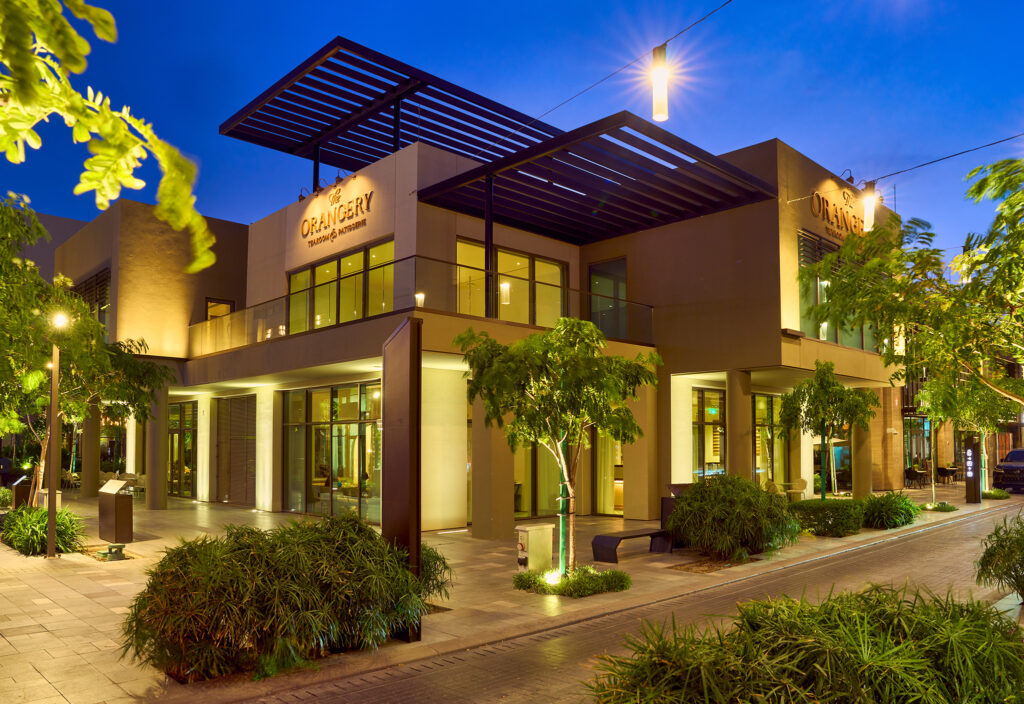His Excellency Dr Saad bin Saud Al Fuhaid, President of AGU, said that the University’s Board of Trustees sensed the need of the GCC countries for qualified Gulf competencies in the field of nursing, especially in light of the high age rates among the population, and the accompanying need of the elderly for specialised health care. Additionally, he noted that high rates of chronic diseases associated with changing lifestyles further emphasise the need for qualified nursing professionals. Dr Al Fuhaid also indicated that the university designed the Bachelor of Science in Nursing programme after seeking the opinion of a group of consultants and experts to suit the growing increase in demand for health care services.
He explained that Article 4 of the agreement establishing the university in 1979 called for offering pioneering programmes with originality, innovation, and creativity in their curricula, and modernity in their methods to develop the comprehensive development of the GCC countries.
Dr Al Fuhaid added that the university’s strategy focuses on developing and offering high-quality academic programmes in the fields of health, science, education, environment, and technology, while this programme is consistent with the university’s vision and strategy to meet the needs of the current labour market and is compatible with the most in-demand jobs in the future.
On his part, Prof. Abdulhalim Deifalla, Dean of the CMMS, explained that this programme is designed to meet the demand for nurses capable of providing health services at various levels of health care.
He further elaborated that the programme’s curriculum focuses on theoretical knowledge and practical clinical experience to ensure that graduates are highly equipped to address the complex health care challenges facing the region. Prof Deifalla highlighted that the proposed curriculum also focuses on the unique cultural and health considerations of the Arabian Gulf region, ensuring that graduates are qualified to provide quality care to patients from different cultural backgrounds.
Moreover, Prof Deifalla pointed out that the programme aims to develop the leadership capabilities and research skills of accepted students, in addition to its focus on developing their clinical skills.
“Graduates will be equipped to assume leadership roles in the nursing profession and contribute to the advancement of nursing practice through evidence-based research. The perspective of health care service delivery is shifting towards person-cantered care, requiring graduates to build new competencies to achieve this in different health care delivery settings,” Prof. Deifalla commented.
In this context, he stated that achieving the third goal of comprehensive sustainable development requires raising the number of qualified Gulf nurses to reach the level of international standards (31 nurses per 10,000 people), explaining that the percentage of non-citizens in the nursing profession in the GCC ranges between 50.5 percent and 98.9 percent, according to statistics from the World Health Organisation.
Prof. Deifalla added: “Accordingly, this educational programme in nursing is designed to qualify graduates to provide advanced nursing care that is patient-cantered and contributes to the advancement of health care in the Gulf society.”




